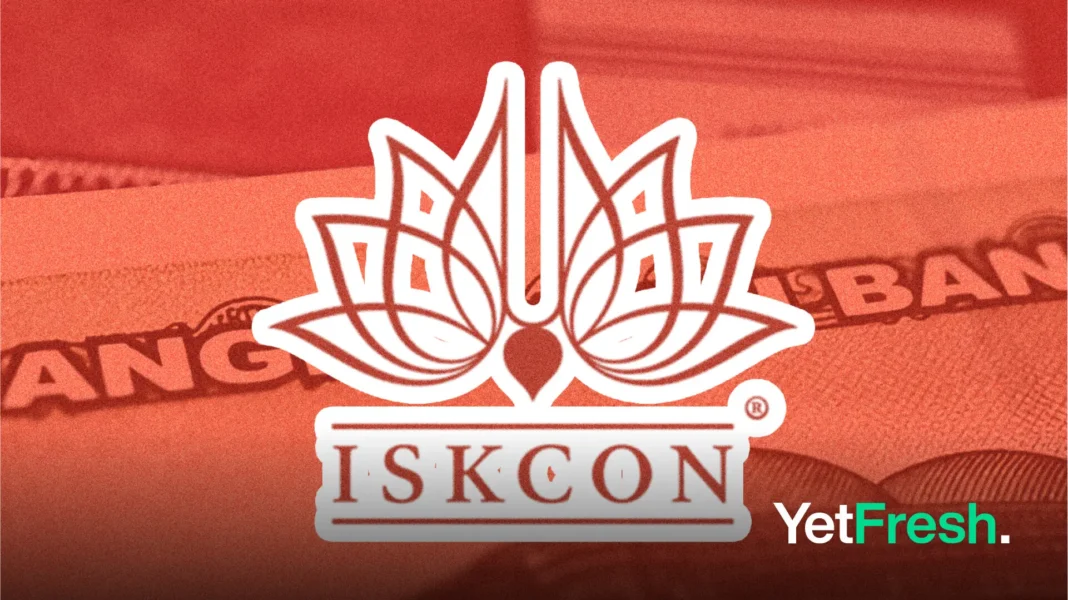Summary:
- South Korean court issues unprecedented arrest warrant for sitting President Yoon Suk Yeol over his controversial six-hour martial law declaration on December 3, marking a historic first in the nation’s history.
- President Yoon faces potential life imprisonment or death penalty for insurrection and abuse of power, as presidential immunity doesn’t protect against rebellion or treason charges.
- The National Assembly impeached Yoon on December 14 with a 204-85 vote, suspending his powers while the Constitutional Court has 180 days to decide his fate.
- The crisis deepened when acting President Han Duck-soo was also impeached, transferring power to Deputy Prime Minister Choi Sang-mok, while Yoon’s security detail continues to block investigators.
A South Korean court made an unprecedented move on Tuesday by issuing an arrest warrant for impeached President Yoon Suk Yeol, marking the first time authorities have sought to detain a sitting president in the nation’s history.
The Seoul Western District Court approved the warrant following a request from the Joint Investigation Headquarters, which is investigating Yoon for insurrection and abuse of power related to his controversial martial law declaration earlier this month.
The investigation stems from Yoon’s six-hour martial law decree on December 3, during which he allegedly ordered troops to “break down the doors and drag them out, even if it means firing the guns” to prevent lawmakers from voting to overturn his declaration.
Presidential Powers Suspended
Yoon has been suspended from his duties since December 14, when the National Assembly voted 204-85 to impeach him. The Constitutional Court now has up to 180 days to determine whether to dismiss or reinstate him as president.
The political crisis deepened further when parliament voted to impeach acting President Han Duck-soo on December 26, transferring presidential authority to Deputy Prime Minister and Finance Minister Choi Sang-mok.
Legal Challenges Ahead
Yoon’s legal team has challenged the warrant’s validity, arguing that the Corruption Investigation Office for High-ranking Officials lacks authority to investigate the president for insurrection. His lawyer, Yun Gap-geun, announced plans to seek an injunction at the Constitutional Court to invalidate the warrant.
While South Korean presidents typically enjoy immunity from criminal prosecution, this protection does not extend to serious offenses such as rebellion or treason. If convicted of insurrection, Yoon could face life imprisonment or the death penalty.
Implementation Uncertainty
The Presidential Security Service stated it would handle the warrant according to legal processes. However, execution remains uncertain, as Yoon’s security detail has previously blocked investigators from searching the presidential office compound and residence.
Yoon has defended his martial law declaration as a legitimate response to what he termed “anti-state forces” and opposition obstruction. During the brief period of martial law, military and police forces reportedly barricaded the National Assembly entrance before 190 lawmakers managed to enter and vote to overturn the decree.
The political turmoil has significantly impacted South Korea’s domestic stability and international relations, with observers noting potential implications for regional security cooperation and diplomatic ties with the United States and Japan as the crisis unfolds.
Source: Daily Naya Diganto




